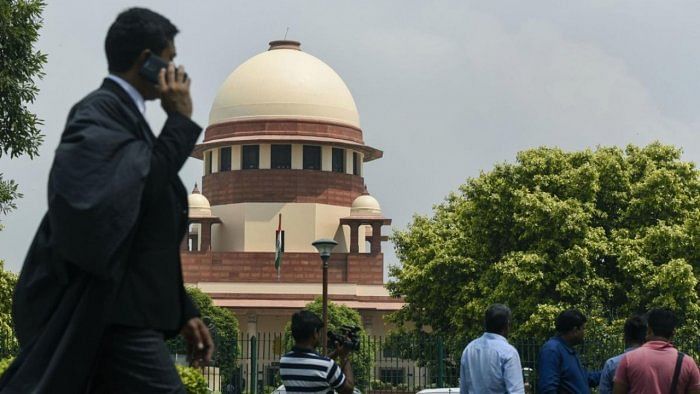
Non-compliance with court orders by state departments has always been the most significant barrier to courts providing timely justice to litigants. Apart from not complying with the orders of district courts in India, the state departments have stooped so low that they have now even started delaying the implementation of orders given by the highest court
in India, the Supreme Court of India.
Very recently, the Supreme Court issued a contempt notice to the Securities and Exchange Board of India (SEBI) for its non-compliance with the court’s order. This has now brought the plight of litigants to the attention of the upper judiciary. The lackadaisical approach of the Executive is rising unchecked, and the state of affairs is so sad that the officials are now coming every day with non-compliance reports. Non-compliance only prolongs the litigation and causes heavy hardship for the litigants. Well, is there any remedy for the same?
Also Read: The bulldozing of India
Before looking for the constitutionally permitted remedy, we have to first understand that the Constitution of India, adopted in 1949, has various essential features, including the separation of powers and judicial review. The Separation of Powers envisages a structure in which the three organs of the State, i.e., the executive, legislature, and judiciary, have their own fields of control in which they have been assigned specific roles to perform.
This structure is designed to prevent one organ from interfering with the field of another. However, judicial review is a feature that allows the judiciary, as parens patriae, to keep an eye on the actions of the other two organs of the State so as to protect the interests of the general public. It does not allow the judiciary to usurp the powers of the executive and legislative branches. Rather, it only allows the judiciary to direct State departments to perform or refrain from performing certain actions that the state departments are required by law to perform or refrain from performing.
Therefore, it cannot perform; it can only direct others to perform. So, the issue before the courts is: what happens when one organ completely derelicts its duty?
In this situation, the parties are generally compelled to approach the Hon’ble Court in order to initiate contempt proceedings against the Executive. However, the Contempt proceedings themselves are not enough to alleviate the suffering of the litigants.
Also Read: Unwarranted and dangerous
The issue is that the only point of determination in a contempt proceeding is whether the non-compliance is willful and deliberate. 3 This exercise of determination is never performed by the courts, and this assists the State further in causing more delay in the implementation of the orders. This not only demeans and lowers the sanctity of the initial order but also diminishes the respect of the judicial system in the eyes of litigants and citizens of the country.
Moreover, the litigants are compelled to engage lawyers, spend money, and also wait endlessly for the compliance of court orders. The issue aggravates further when the litigant is a senior citizen and the matter is with respect to his pension or an enhanced pension.
So, the issue arises as to how it can be remedied. The most effective way would be to push the Executive to frame the time-frame guidelines on its own to implement the orders of the Courts. In case of any delay, an inquiry must be conducted, and the official responsible for such delay should be punished in the form of a penalty or cost. The punishment should be symbolic so as to deter delays in other upcoming matters. Even if the Executive fails to frame such guidelines, the Supreme Court is not rendered helpless. Article 142 of the Constitution recognises the inherent powers of the Supreme Court in framing guidelines in the absence of any law on that point.
The Supreme Court of India has in fact done so in the past in the landmark cases of Vishaka vs. State of Rajasthan, Bandhua Mukti Morcha, and Olga Tellis. Thus, it is the need of the hour that the courts now start releasing the time-bound orders for the State departments. Only then will the courts be able to reclaim their true strength and earn the respect of the people of India, as envisaged by the Indian Constitution.
(The writer is an advocate at the Supreme Court of India.)